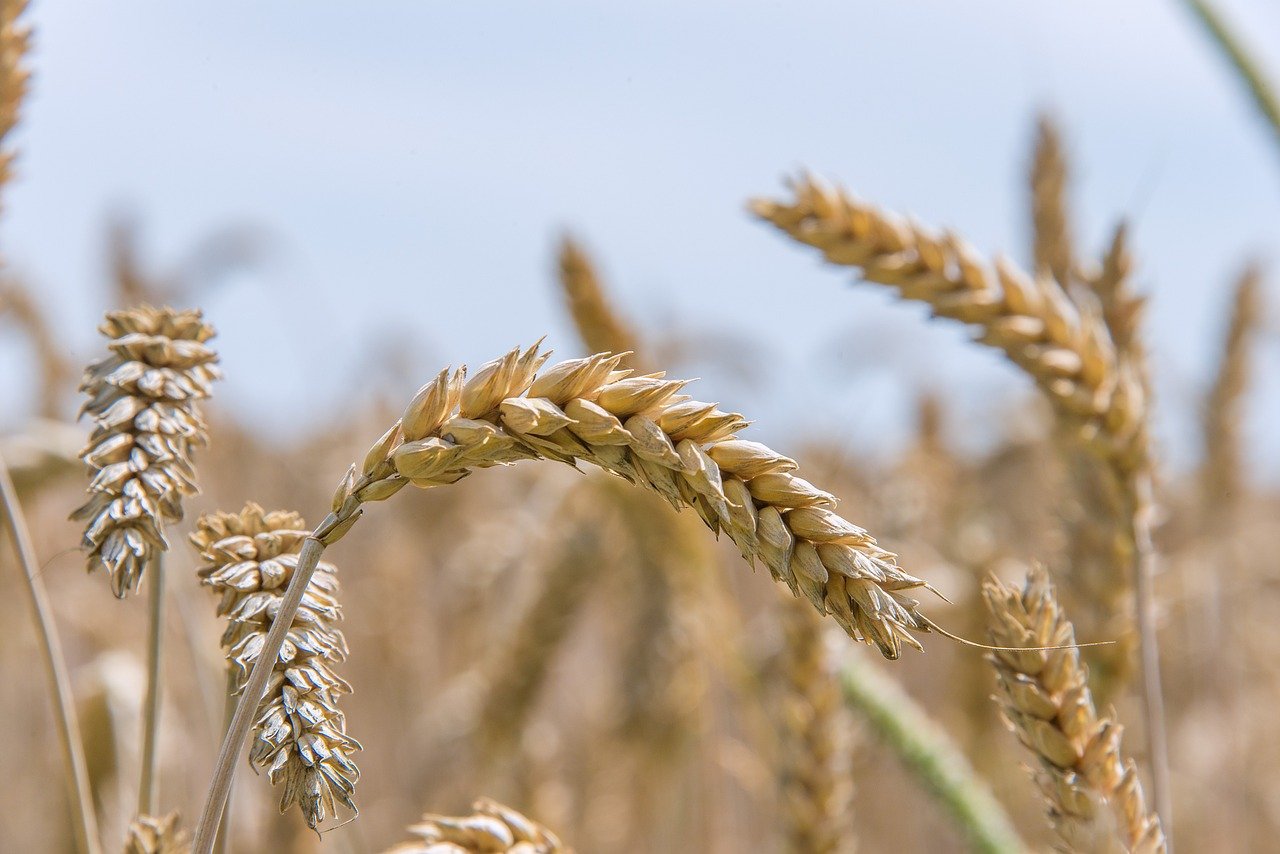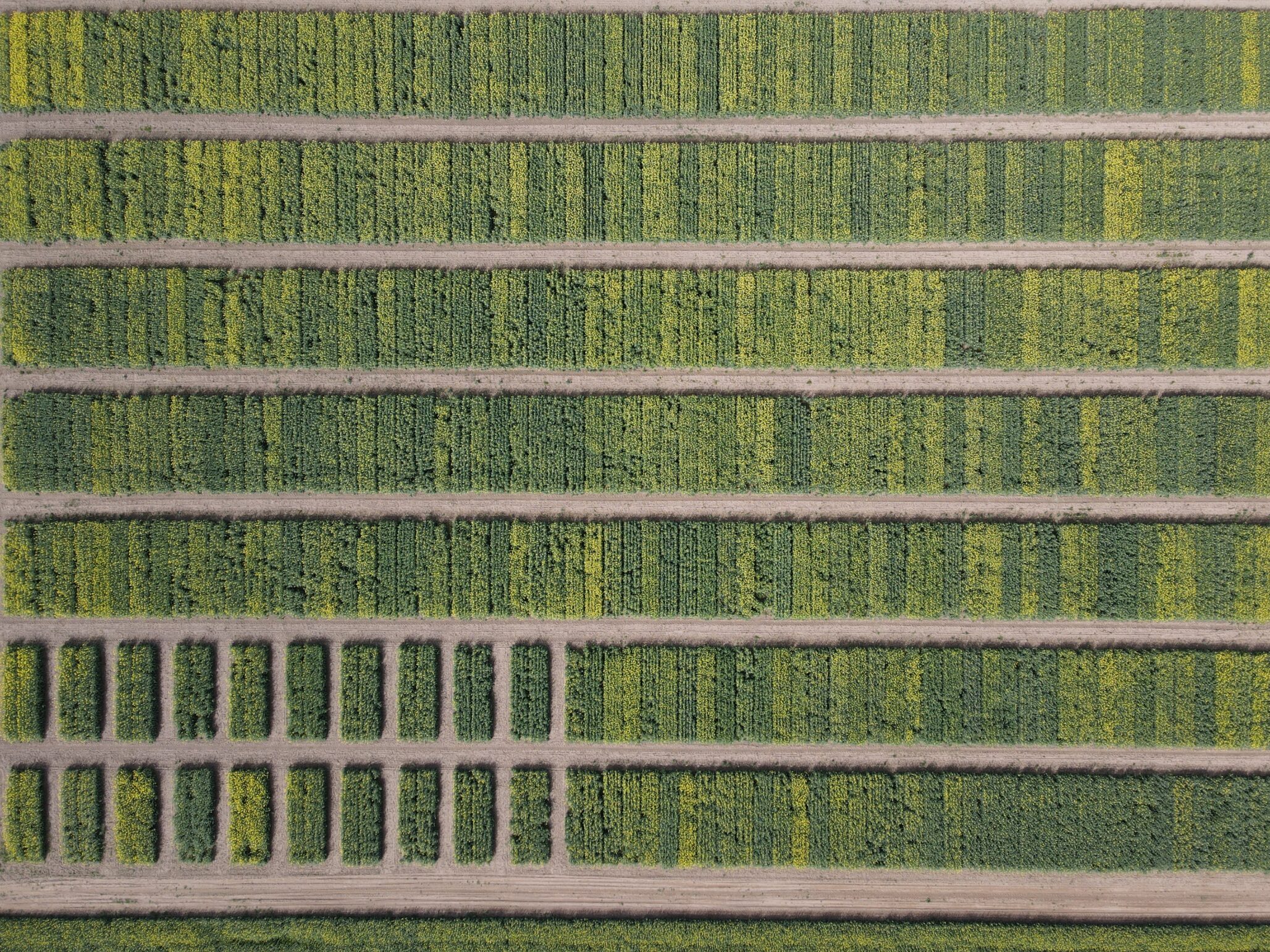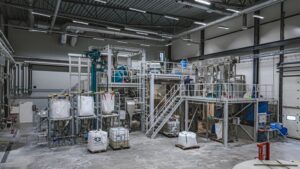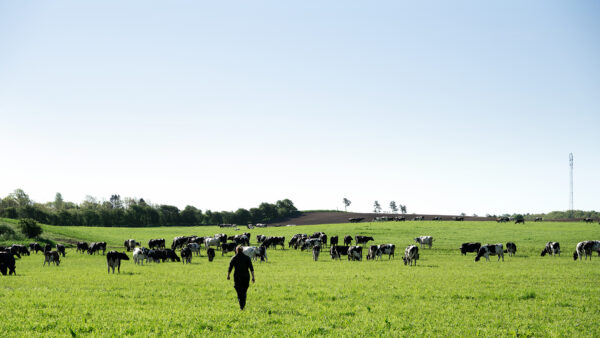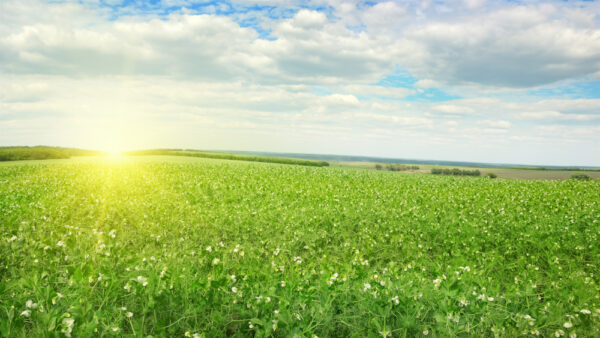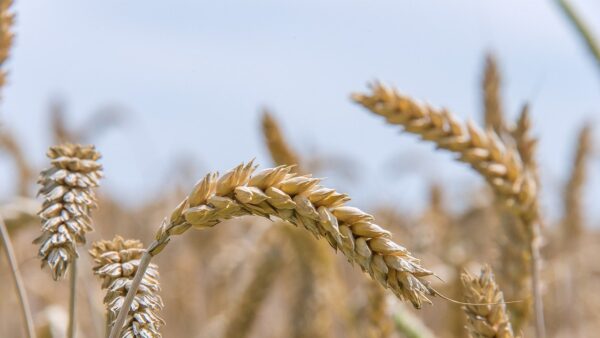Farmers in Northern France and the Paris Basin will have a new winter soft wheat variety, GEOPOLIS, available for planting in fall 2025.
This variety boasts high yield, excellent protein content, and is one of the first agroecological wheat varieties, with resistance to diseases like septoria, steed, and brown rust. It is also highly efficient in nitrogen fertilization. Developed over 10 years by INRAE research teams, GEOPOLIS is now officially registered in France’s plant species catalog according to a press release. It is one of Agri Obtentions’ most significant launches in recent years, with an estimated cultivation potential of 30,000 hectares starting in 2026.
Soft wheat is the leading crop in France, primarily used for bread flour production for both domestic consumption and export. At the start of 2025, the Official Catalogue of Species and Varieties of Plants grown in France added a new multi-resistant common wheat variety, designed for input-efficient agricultural practices (reducing fungicide and nitrogen fertilizer use). After two years of field testing at INRAE experimental units (Estrées-Mons, Le Rheu, and Crouël), the GEOPOLIS variety has delivered outstanding results in both agronomic and agroecological performance, demonstrating resilience in varying climate conditions — hot and dry in 2023 and cold and wet in 2024.
Exceptional Agronomic and Agroecological Traits
In the seed market, which introduces around 30 new winter wheat varieties annually, GEOPOLIS stands out for its exceptional qualities, as assessed by the Comité technique permanente de la sélection (CTPS). It achieved the highest score for resistance to septoria, demonstrating the success of the INRAE-Agri Obtentions selection program. These traits, coupled with a tailored technical approach, will enable farmers to reduce input costs while meeting the environmental goals outlined in the Ecophyto II+ plan.
- Less fungicides and insecticides: thanks to a strong resistance to diseases such as septorosis, brown rust and stread, and tolerance to orange cecidomye, farmers can limit their phytosanitary treatments.
- Good yield and protein levels: the variety guarantees high yield, while preserving an excellent level of protein.
- Preserved profitability, variety ranked 1stby the CTPS on a large network of experiments combining intensive conduct with total protection and without fungicidal treatment, the variety has high yields (113.6% of the average yield of the witnesses in the North zone, over 2 years). During the 2023-2024 campaign characterized by high disease pressure, the GEOPOLIS yield was 110.7% of witnesses in fungicidal-treated driving and 125% in fungicidal untreated driving. Good yield and a good level of protein are guarantees of good profitability for the farmer.
A Decade of Research
According to INRAE, the development of a new variety is the result of a process that lasts an average of 10 years, in which mobilizes scientific experts and cutting-edge selection tools. The different steps to create GEOPOLIS were:
- Initial crossings: the work began with crossings between lines with complementary characters. For GEOPOLIS, the crossings were carried out in Estrées-Mons (Somme) from varieties with interesting genetic and agronomic characteristics.
- Nursery selection, always in Estrées-Mons: over 5 generations, the offspring of promising crosses are observed and selected to evaluate their agronomic characteristics.
- Tests in real conditions: from the 6thto the 9thgrade, the tests take place on several sites of experimental units in France, simulating different conducts: intensive treated and untreated fungicide, low inputs (reduced sowing density, reduced nitrogen supply, no fungicide or insecticide or growth regulator). The EM19135 lineage proved to be particularly interesting during these experiments.
- Final validation: the tests and tests carried out subsequently as part of the CTPS confirmed the assets of the EM19135 line, justifying its registration in the official catalog under the name of GEOPOLIS.
For the 2024-2025 campaign, Agri Obtentions has already initiated seed multiplication across 600 hectares, marking a significant milestone in bringing this innovation to a broader base of farmers.
The catalogue is managed by GEVES (Groupe d’étude et de contrôle des variétés et des semences), an organization responsible for testing and studying the description and evaluation of plant varieties. It also ensures seed analysis and control, playing a leading role in both national and international agricultural standards.
In France, new varieties are officially registered by the Minister of Agriculture through a decision published in the Official Journal, with recommendations from the advisory committee, CTPS.


